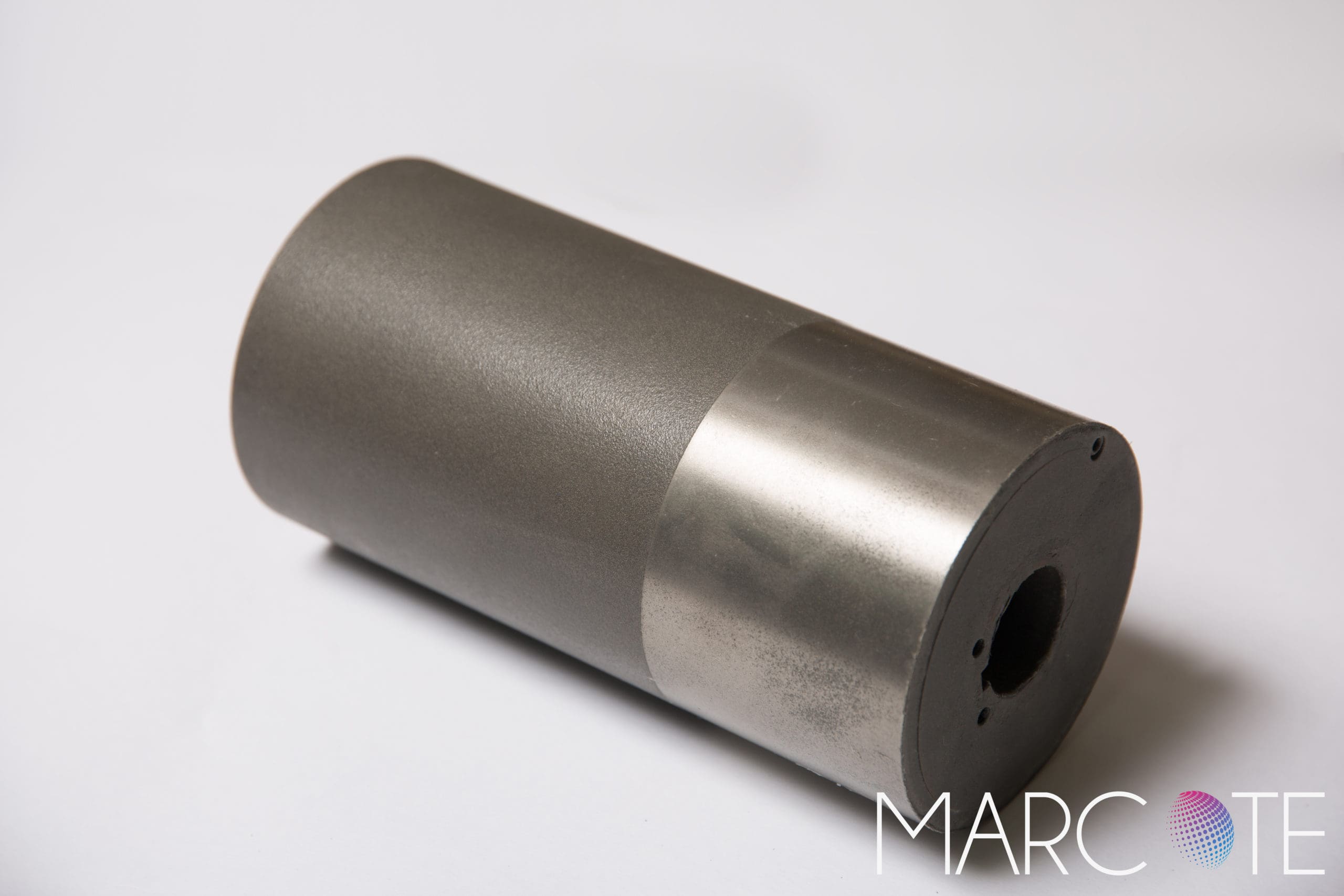The science behind chemical resistant coatings
From semiconductors and piping systems to centrifuges and agitators, applications that use chemical extraction, heating elements and treatment baths benefit from a chemical resistant coating to prevent the expensive and often catastrophic effects of corrosion.
An important part of many industries, chemical resistant coatings prolong asset life, prevent machine or component failure and maintain industrial uptime. Here, we look at the science behind chemical resistant coatings and explore a number of performance-driven coating systems:
Chemical resistant coating basics
By definition, a chemical resistant coating is designed to protect a substrate from the harmful corrosive effects of Alkaline chemistries, Hydrofluoric Acid, Sulphuric Acid, Hydrogen Peroxide, Ozone, Ammonium Hydroxide and Nitric Acid.
With an operating temperature range of -76°C to +150°C, chemical resistant products such as Halar®, Kynar, ETFE and Nylon can be applied to a range of metallic substrates including aluminium, steel, copper, brass and stainless steel.
Chemical resistant coatings offer many effective performance properties in addition to their primary purpose – providing protection against impact and abrasion and the damaging effects of heat too.
Many of them are hydrophobic, which means they repel or fail to mix with water and some are cryogenically stable, allowing them to maintain their functional capacity at extremely low temperatures, without compromising performance.
Let’s examine some key products in more detail.
Halar®
Halar® is the trade name for ethylene chlorotrifluoroethylene (ECTFE) coatings produced by Belgium manufacturer, Solvay Speciality Polymers. These coatings offer two main properties – chemical resistance and corrosion resistance making them highly effective for incredibly harsh environments such as chemical baths and ductwork. A copolymer of ethylene and chlorotrifluoroethylene, Halar® is a semi-crystalline melt processable, partially fluorinated polymer, specifically designed for electrostatic powder coating application.
Kynar
Kynar, or polyvinylidene fluoride (PVDF) is a pure thermoplastic fluoropolymer that is non-reactive and offers excellent chemical resistance at temperatures up to 260°C. As a thick film barrier coating that is unaffected by almost all chemicals, acids and solvents, Kynar is primarily used on chemical processing equipment because of its low weight and low thermal conductivity.
Other benefits include a very low density (even compared to other fluoropolymers), an impressive resistance to weathering elements and a high dielectric strength.
Surprisingly, this coating system has the ability to self-extinguish in the event of a fire and generates little to no smoke.
ETFE
Similar in molecular structure to ECTFE, ethylene trifluoroethylene offers similar chemical resistance to Halar® but is thinner and a little less robust.
Popular with external environmental corrosion applications, ETFE is also widely specified throughout the chemical processing, power, energy production and semiconductor industries. With an operating temperature range up to 150°C, ETFE is applied in a film and can be built up to 1,000 micrometers.
ETFE is often considered to be ‘self-cleaning’ thanks to its highly non-stick surface.
Nylon
Nylon is chemically resistant to oils, fuels, solvents, gasoline, mineral spirits and some alcohols and has a melting point of 230Often used as a ‘finish’ for epoxy and polyester-based powder coatings, a pure nylon coating based on a polyamide resin system offers excellent chemical resistance that is non-toxic, making it ideal for food manufacturing and applications that must be hospital-grade.
A nylon coating is applied by electrostatic spray and because of its thickness, it can be applied to most metal surfaces quickly and easily.
Find out more
Do you need more information on chemical resistant coatings? Discuss your requirements in more detail and receive expert advice on which is the right option for your application from our knowledgeable team of experts. Call them today on 01543 419 904.

